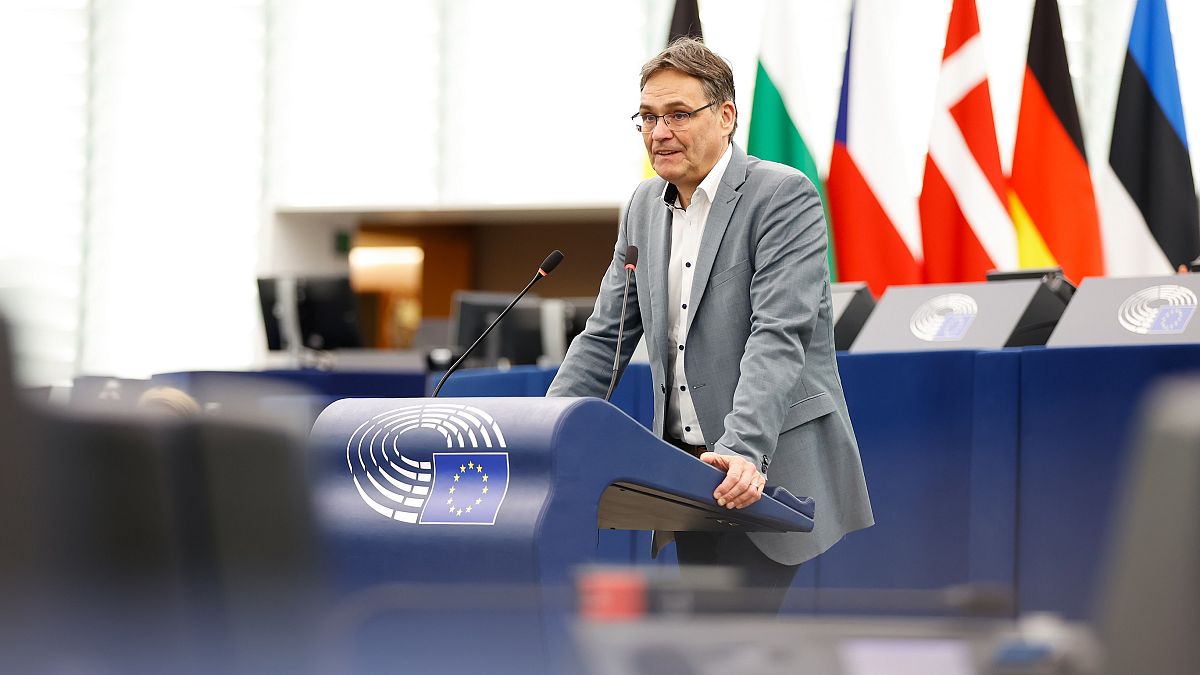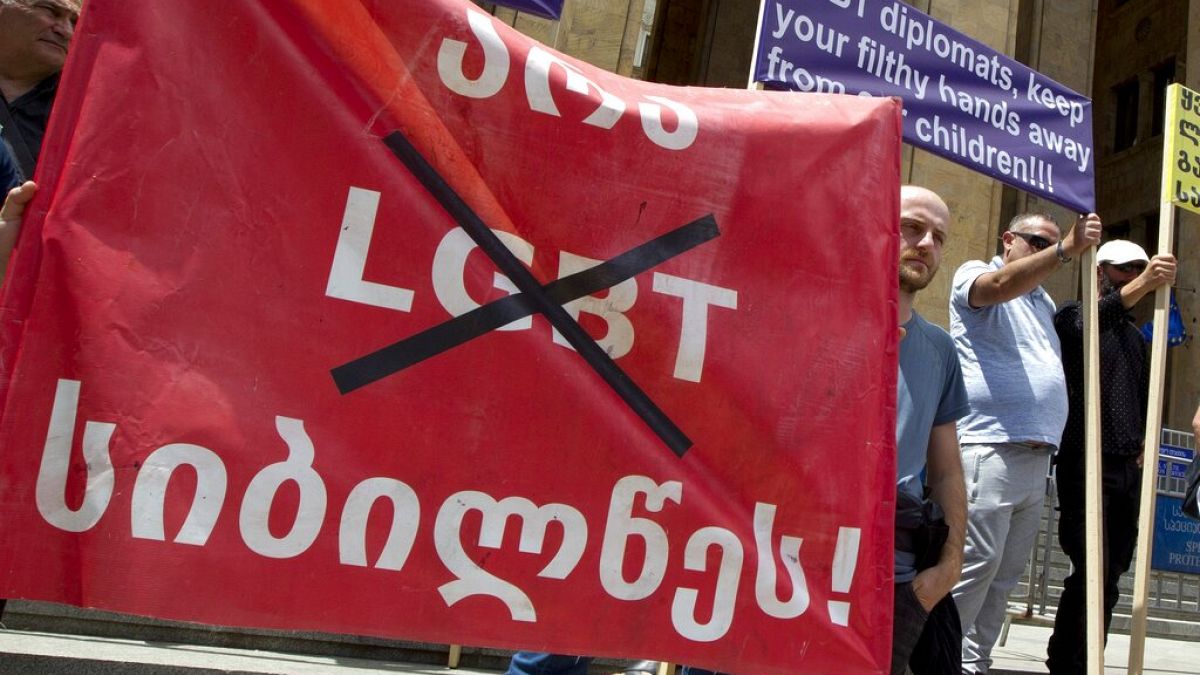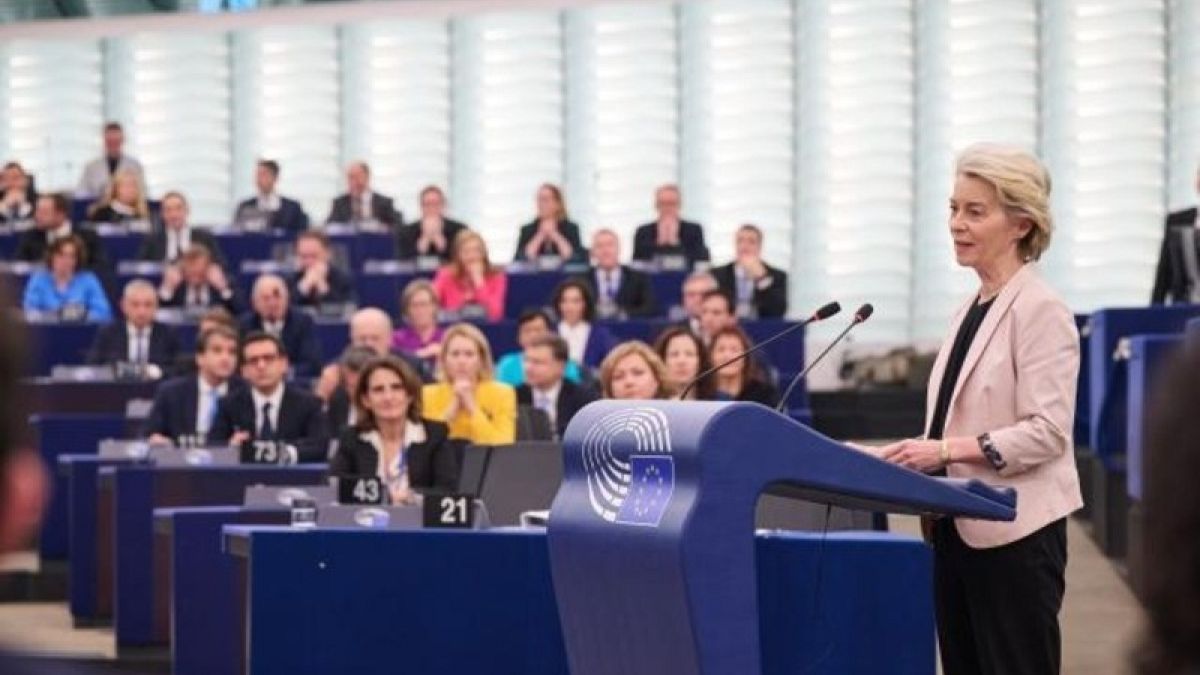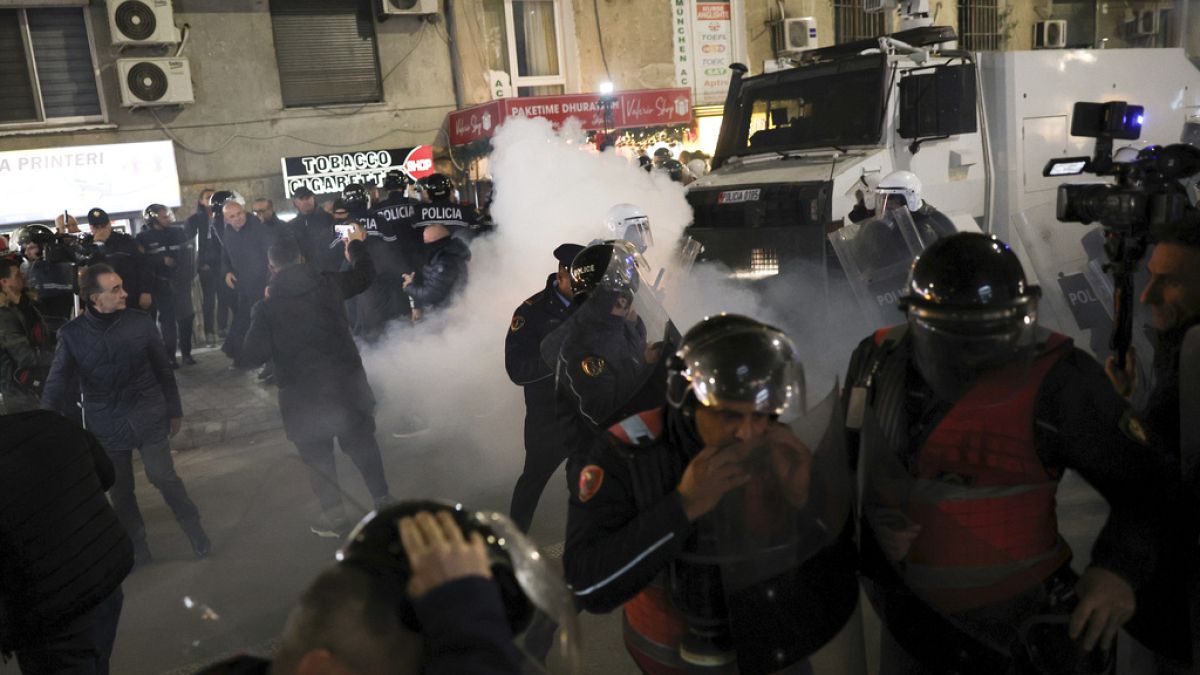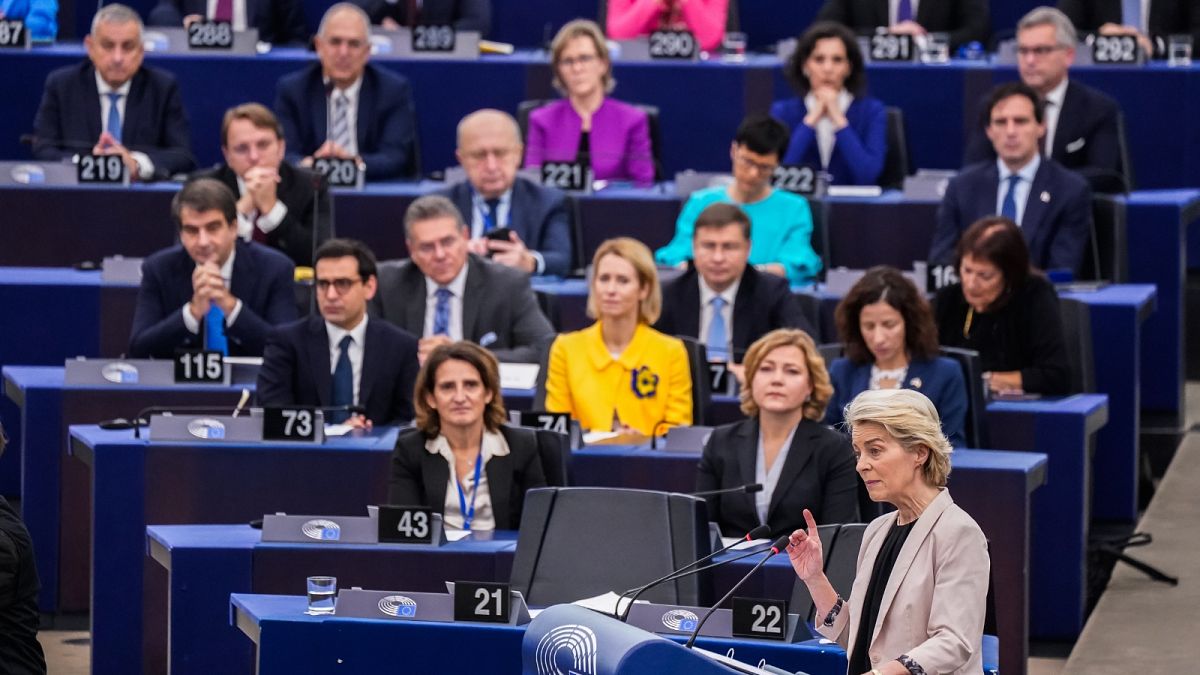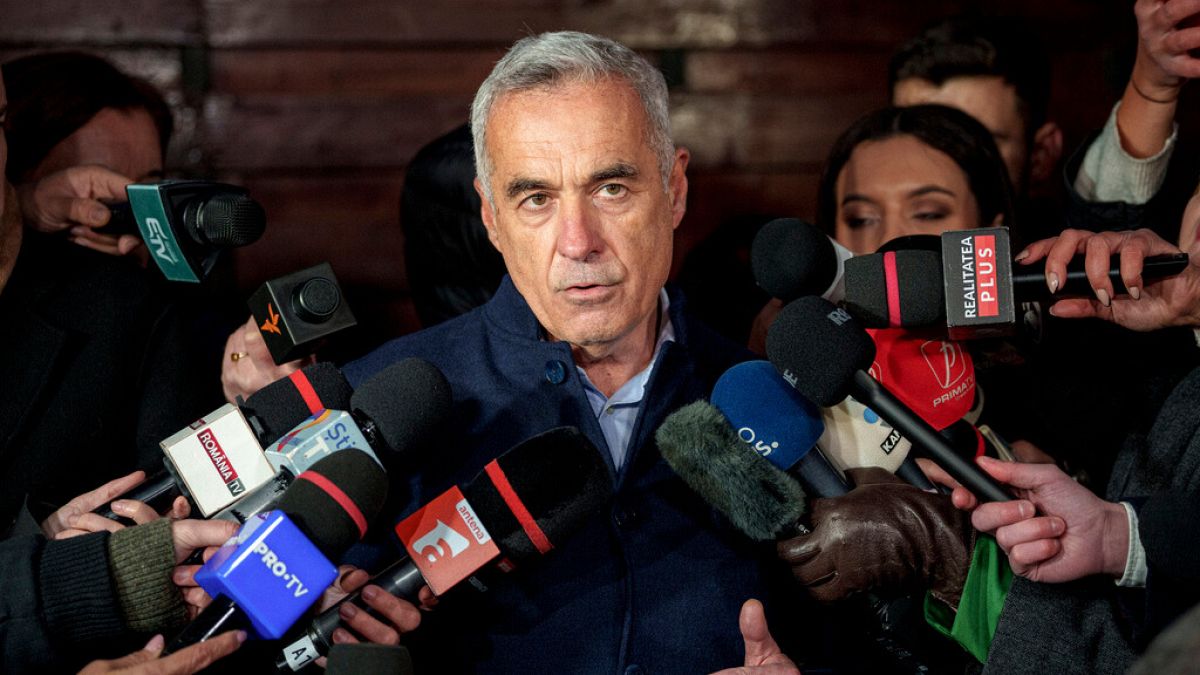The approved bill is the latest in a string of laws seemingly taken from Moscow’s playbook.
Georgia’s parliament has approved draft legislation curtailing LGBTQ+ rights, a measure echoing similar laws adopted in neighbouring Russia.
The bill was voted through on Tuesday and was originally introduced by the ruling populist party Georgian Dream earlier this year.
It includes bans on same-sex marriages, adoption by same-sex couples, gender-affirming care, public endorsement of LGBTQ+ relations and people, and depictions of them in the media.
This extends to outlawing Pride events and public displays of the rainbow flag, as well as censoring them in films and books.
Georgian Dream leaders claim the law is necessary to safeguard traditional moral standards in the country.
LGBT rights are a controversial issue in Georgia, with polls showing general disapproval of same-sex relationships and Pride marches often coming under physical attack. The country’s constitution also bans same-sex marriage.
Nevertheless, President Salome Zourabichvili, a critic of Georgian Dream, has reportedly declared that she will block the bill. However, the government and its allies have enough seats in parliament to overturn her veto. The president’s powers are mostly ceremonial.
In approving the law, Georgia follows in the footsteps of Russia, which the ruling government appears to be tilting back towards as October’s election approaches, despite Tbilisi’s aspirations to join the EU.
Russian authorities over the past decade also banned public endorsement of “non-traditional sexual relations” as well as gender-affirming care, among other measures.
Russia’s Supreme Court effectively outlawed LGBTQ+ activism by labelling what the authorities called the LGBTQ+ “movement” operating in Russia as an extremist organisation and banning it.
The new initiative was announced by Georgian Dream on the heels of the country adopting another law critics denounced as borrowed from Moscow’s playbook — the “foreign influence” law.
It ignited weeks of protests and was widely criticised as threatening democratic freedoms and jeopardising Georgia’s chances of joining the EU.
Most of Eastern Europe lags behind the West when it comes to LGBTQ+ rights. Bulgaria and Hungary are two other countries that have recently passed anti-LGBT “propaganda” laws, adding to a long list of Eastern European countries at the bottom of the rankings.

